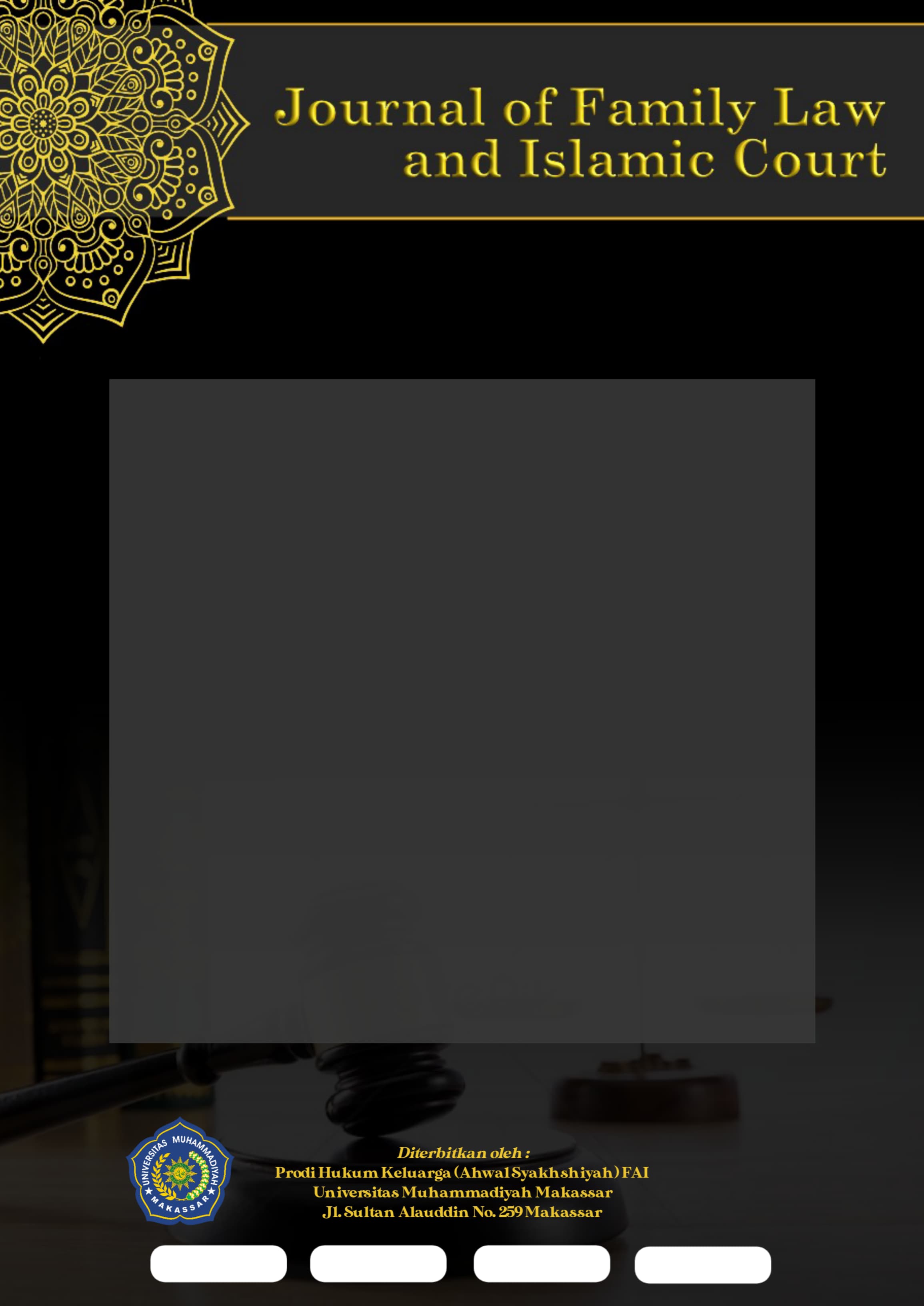Islamic Law Review of the Dropshipping System
DOI:
https://doi.org/10.26618/jflic.v2i1.14006Abstract
This research aims to analyze the dropshipping system in the context of Islamic law, focusing on the challenges of uncertainty or gharar in the transaction and its conformity with the principles of muamalah. The main objective is to evaluate how sharia principles are applied in the practice of dropshipping, especially in the context of the Muslim family economy in Indonesia. The research methodology involved analyzing documents and literature related to Islamic law, muamalah, and electronic commerce. The results show that while dropshipping offers flexibility and economic opportunities for the Muslim community, there are important issues related to the fulfillment of sharia transaction requirements. These issues include uncertainty in the ownership of goods at the time of the contract and the need for transparency in the transaction. The study identified that the application of Shariah principles such as fairness, transparency, and responsibility can overcome these challenges. The conclusion of this study asserts that while dropshipping systems enable new business opportunities, a deeper understanding of Shariah principles is required to ensure fair and ethical trading practices. It suggests the need for a more integrated approach between technological developments and sharia values in online business. Recommendations are provided for Muslim business actors and policy makers to promote trade practices that comply with Islamic law, integrating business innovation with sharia rules and values.
Downloads
Downloads
Additional Files
Published
Issue
Section
License

This work is licensed under a Creative Commons Attribution-ShareAlike 4.0 International License.









